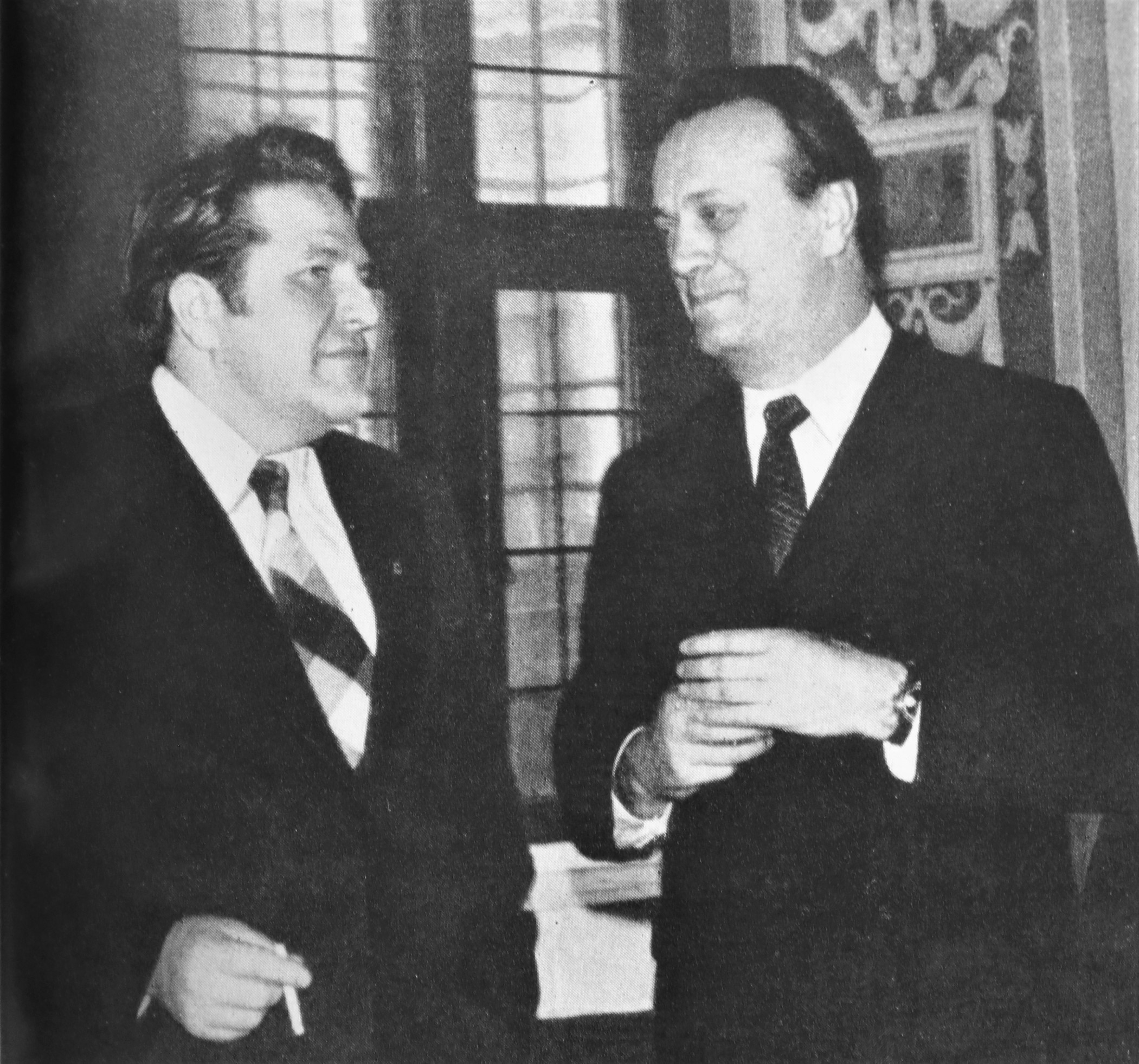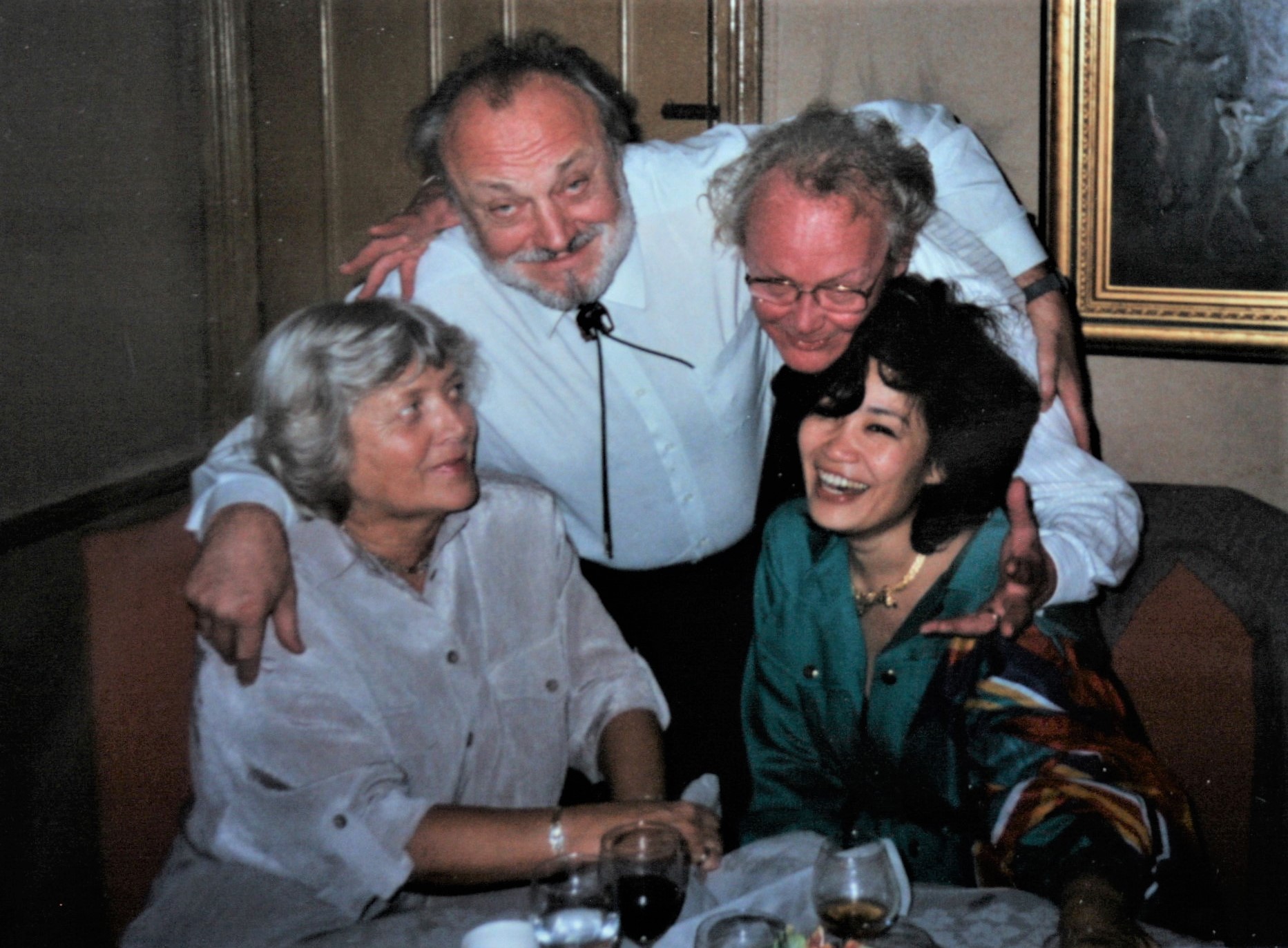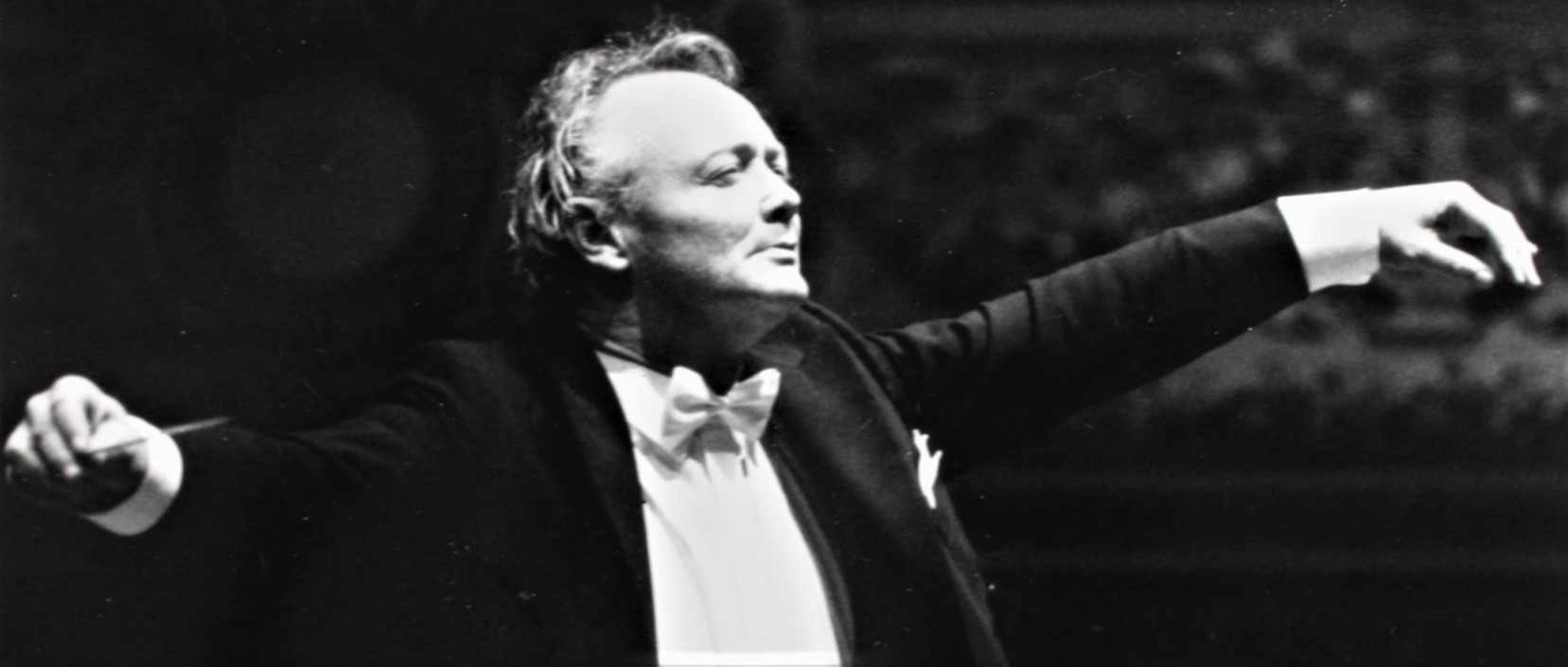We know quite exactly when Tennstedt left the GDR. It was mid-summer of 1971. He himself said:
Klaus Tennstedt: I hated the system – no beating about the bush - and they hated me. I refused to perform works by the contemporary GDR composers. They tried to force us to play this blah blah music. I mean, there were some, Siegfried Matthus for example, he was highly talented, and Goldmann, another very gifted one. But the others, I had no idea what to do with them. And that's what they demanded of us. So of course they took their revenge. Escape was the only option left. Escaping was risky, but it could be successful.
Tennstedt had a visa for entry into Sweden which was still valid for some time. He took the ferry from Sassnitz on the island of Rügen to Gothenburg, Sweden, and was thus in the ‘West’. Once news of his escape became known, Tennstedt ceased to exist for the Schwerin newspapers and even for some of his former colleagues.
Gebhard Kern: It was always treated cautiously and covertly in the ensemble. One had to be careful. Most of the musicians were shocked, of course. H.-J. Hoffmann and Masur
Many sources, including Tennstedt himself, described his final escape as accidental or coincidental. A different version from an unexpected source exists – from Kurt Masur. The crucial question was whether the authorities were aware that Tennstedt still had a valid visa. It might have been an oversight, or a opportunity taken to disappear through the back door.
Masur let it be known that the cultural authorities allowed Tennstedt to defect, and in fact with his personal help. Klaus Gysi was Minister of Culture at the time, and his First Secretary, Hans-Joachim Hoffmann, spoke to Masur about the matter. It’s just conceivable that, unknown to the Tennstedt family, strings were pulled behind the scenes.
Read more in the book.
* * * * *
 Inge Inge Tennstedt, Kurt Masur, Klaus Tennstedt, Tomoko Masur - in the 1980ies.
Inge Inge Tennstedt, Kurt Masur, Klaus Tennstedt, Tomoko Masur - in the 1980ies.


